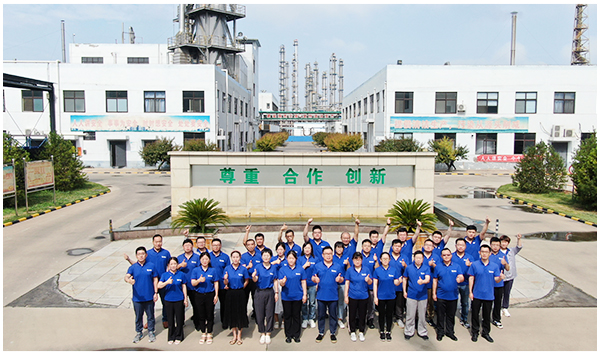
News
Aug . 01, 2024 09:16 Back to list
Exploring the Benefits and Differences Between Humic Acid and Fulvic Acid for Soil Health
Understanding Humic and Fulvic Acids The Unsung Heroes of Soil Health
Humic and fulvic acids are organic compounds that play a crucial role in soil fertility and plant health. They are derived from the decomposition of organic matter and are fundamental components of humus, the organic fraction of soil. While often overlooked, these acids significantly influence agricultural practices, environmental sustainability, and overall ecosystem health.
Humic acid is a larger, complex molecule that has a high molecular weight and is usually dark brown to black. It contains a multitude of functional groups that contribute to its ability to retain nutrients and water in the soil. This property is particularly important for maintaining soil structure, enhancing its capacity to hold essential nutrients such as nitrogen, phosphorus, and potassium. By increasing nutrient availability, humic acid can significantly boost plant growth and yield.
Understanding Humic and Fulvic Acids The Unsung Heroes of Soil Health
The symbiotic relationship between humic and fulvic acids and soil microorganisms cannot be overlooked. These acids provide a food source for beneficial bacteria and fungi, promoting microbial diversity and activity. A healthy microbial community is essential for breaking down organic matter, fixing nitrogen, and improving soil structure through the production of glomalin, a protein that helps soil particles to aggregate.
humic acid fulvic acid

In the context of agriculture, the use of humic and fulvic acids can lead to sustainable farming practices. Organic farmers, in particular, harness these compounds to improve soil quality without relying on synthetic fertilizers. Incorporating humic and fulvic acids into soil management practices can lead to enhanced crop resilience against pests and diseases, reduced water usage, and improved soil aeration.
Research has also shown that humic and fulvic acids have potential in environmental remediation. Their ability to bind with contaminants makes them valuable in cleaning up polluted soils and water bodies. They can aid in the bioremediation processes by enhancing the microbial degradation of organic pollutants, making them a key component in sustainable environmental practices.
Moreover, these compounds are being explored for their health benefits beyond agriculture. Recent studies indicate that fulvic acid may possess antioxidant properties, support immune function, and improve gut health. This has led to a growing interest in dietary supplements containing fulvic acid, which are marketed for their purported health benefits.
Despite their significant benefits, awareness and understanding of humic and fulvic acids remain low among the general public. Education and research are crucial in promoting these natural compounds' potential in improving soil health, boosting crop production, and aiding in environmental sustainability.
In conclusion, humic and fulvic acids are vital contributors to soil health and agricultural productivity. Their multifaceted roles in nutrient retention, microbial support, and environmental remediation highlight their importance in modern agriculture and sustainability efforts. As we continue to explore and understand these remarkable compounds, we can better harness their benefits for both our ecosystems and human health. Investing in research and awareness can pave the way for a more sustainable future, where the power of nature is utilized to its fullest potential.
-
Polyaspartic Acid Salts in Agricultural Fertilizers: A Sustainable Solution
NewsJul.21,2025
-
OEM Chelating Agent Preservative Supplier & Manufacturer High-Quality Customized Solutions
NewsJul.08,2025
-
OEM Potassium Chelating Agent Manufacturer - Custom Potassium Oxalate & Citrate Solutions
NewsJul.08,2025
-
OEM Pentasodium DTPA Chelating Agent Supplier & Manufacturer High Purity & Cost-Effective Solutions
NewsJul.08,2025
-
High-Efficiency Chelated Trace Elements Fertilizer Bulk Supplier & Manufacturer Quotes
NewsJul.07,2025
-
High Quality K Formation for a Chelating Agent – Reliable Manufacturer & Supplier
NewsJul.07,2025
